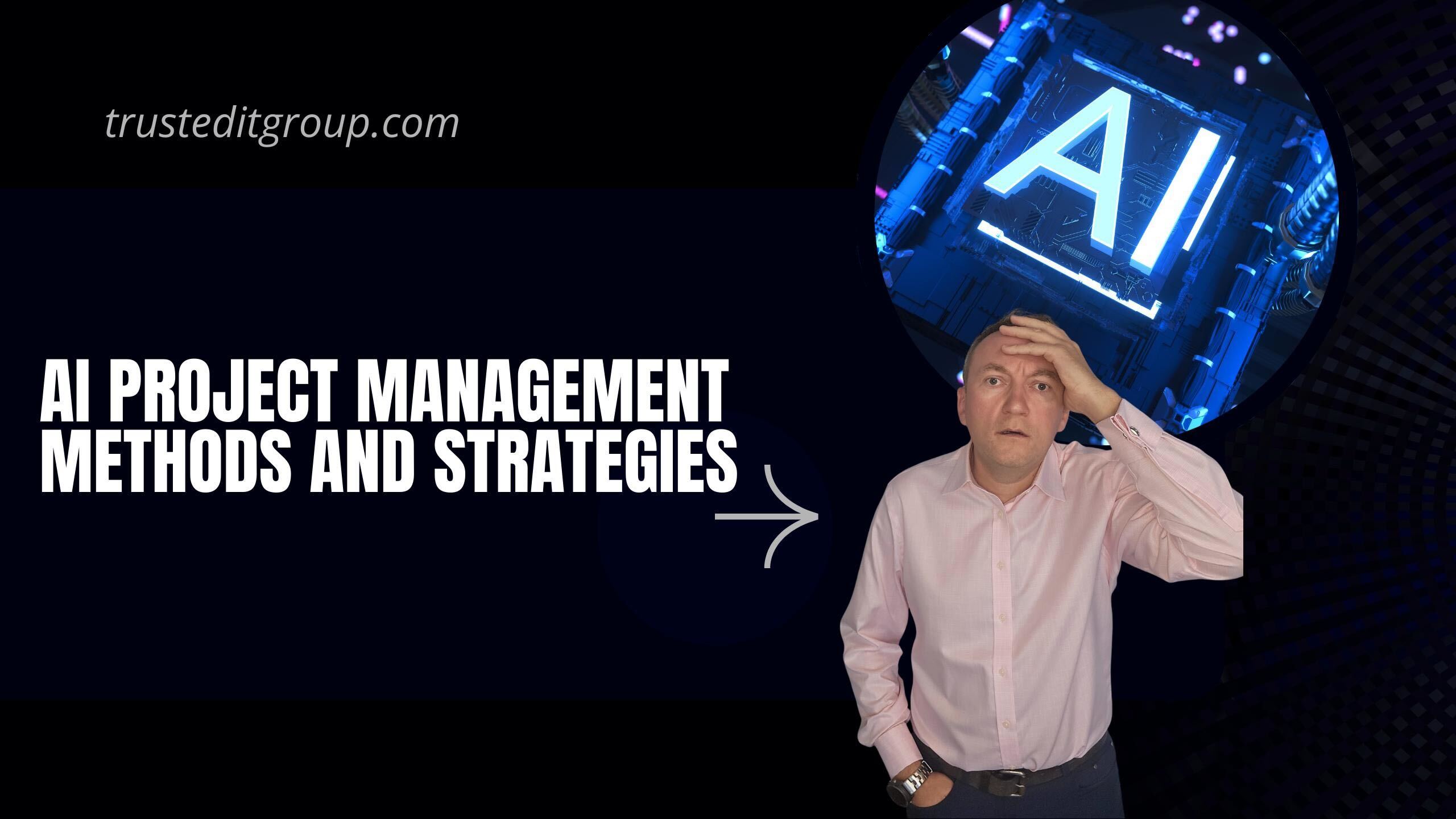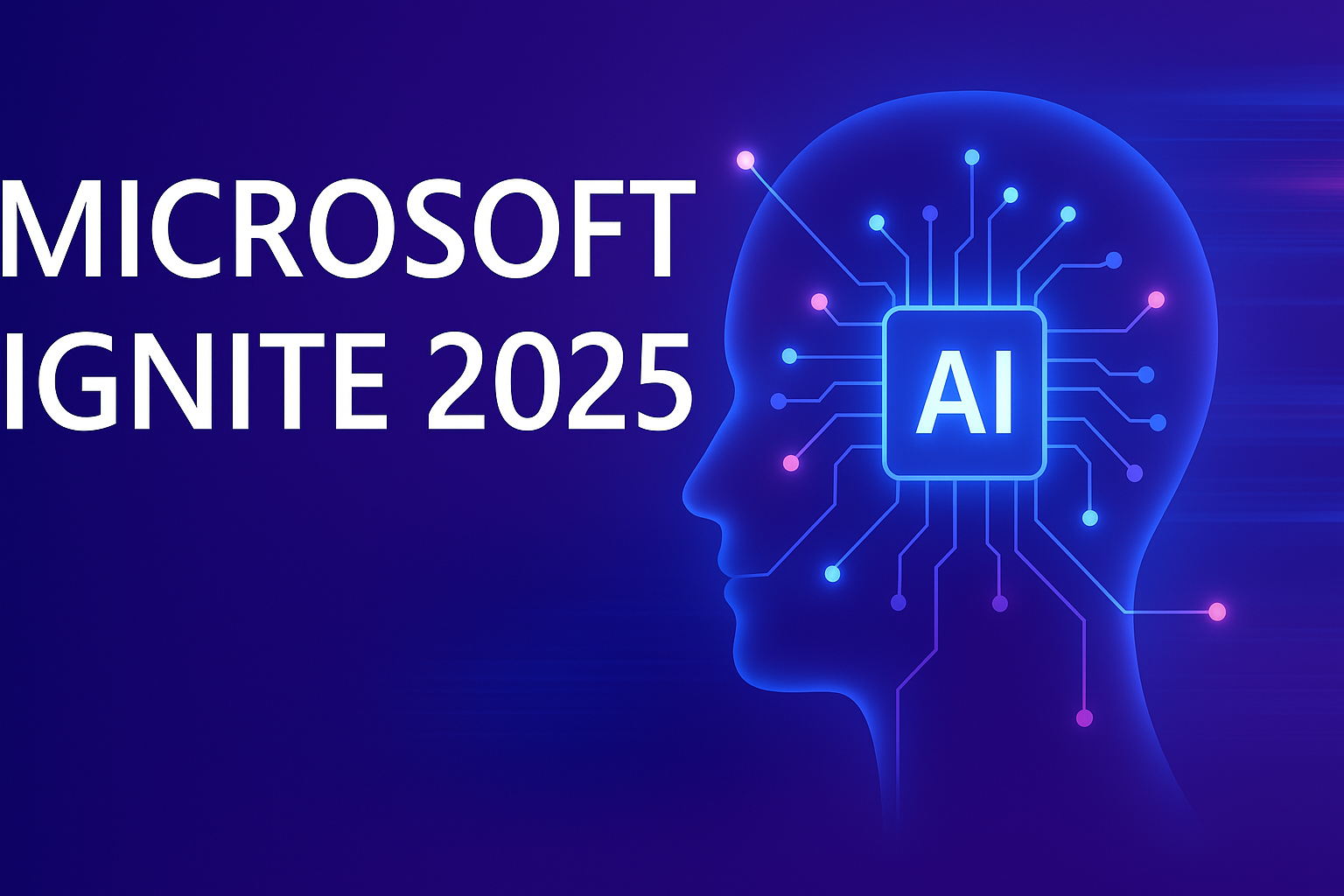AI-Driven Project Management Software: Revolutionize Your Business Operations
QuickSummary / KeyTakeaways
- LeverageautonomousAIagentsforefficiency. Automating project...

Microsoft said users will now be able to develop their own copilots — essentially AI-powered programs — using GPT-4o to make apps that can respond to images, voice, and text. The Windows maker also said it will make its preview of Copilot in Azure available to all customers in the next couple of weeks.
Microsoft also showed off its Phi-3-small, Phi-3-medium, and Phi-3-vision small language models. Designed to run on devices, the Phi-3 models don’t need to connect to the web, allowing users to access them in environments where they otherwise wouldn’t be able to run cloud-based models like GPT-4o.
Phi-3-vision is especially interesting, as it allows users to input images and text and then receive information about them via text outputs. So, for example, users will be able to do things like ask questions about charts, graphs, or images without needing to jump online.
Microsoft 365 is also getting copilot upgrades, with Copilot for Microsoft 365’s new Team Copilot. The app, Microsoft says, can manage meeting agendas and take notes, summarize Teams chats and answer questions related to those conversations. The app can also track user deadlines and notify individual team members when they need to take action.
In addition to new software and developer capabilities, Microsoft also said it will begin previewing Azure virtual machines running on the company’s new Arm-based Cobalt 100 cloud CPUs.
Virtual machines are basically software-simulated versions of computers. So, instead of having to run 50 individual desktops, you can run 50 virtual machines on a high-powered server.
Microsoft claims that its Cobalt 100 chip provides 40% better performance than prior ARM-based virtual machine systems. In addition to the Cobalt 100 CPU, the company says it will begin offering AMD’s MI300X chip for developers looking to train and deploy AI apps.
All of this is part of Microsoft’s effort to continue growing its cloud business through AI apps. Google and Amazon are using a similar strategy to expand their respective cloud empires as well, but Microsoft's multibillion-dollar investment in partner OpenAI has helped catapult the company to the top of the AI discussion.



USA Headquarters:
240 N Washington Bvrd., Suite 303,
Sarasota, FL 34236
Phone: +1 941-584-9323
Email: info@trusteditgroup.com
Portugal Office:
Trusted IT Group
Rua da Cooperativa Agrícola Bloco D, 4A
9050-555, Funchal
Phone: +351 965863641
Email: info@trusteditgroup.com